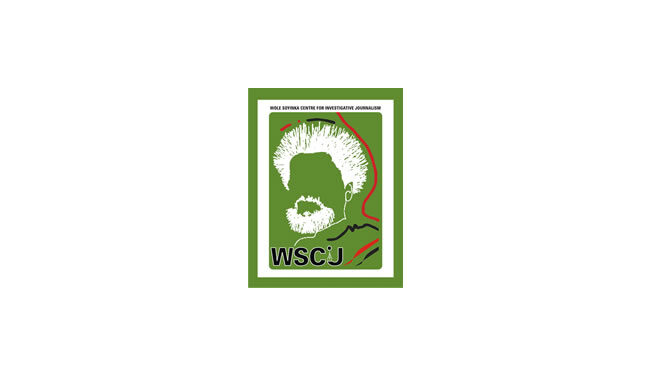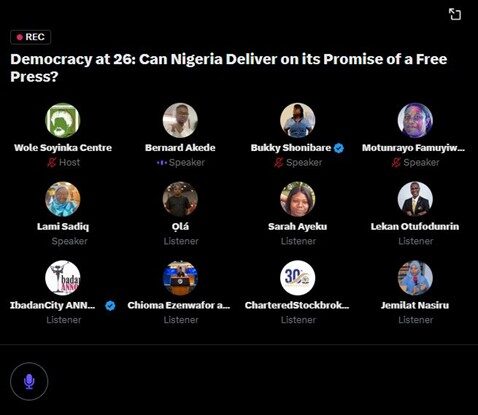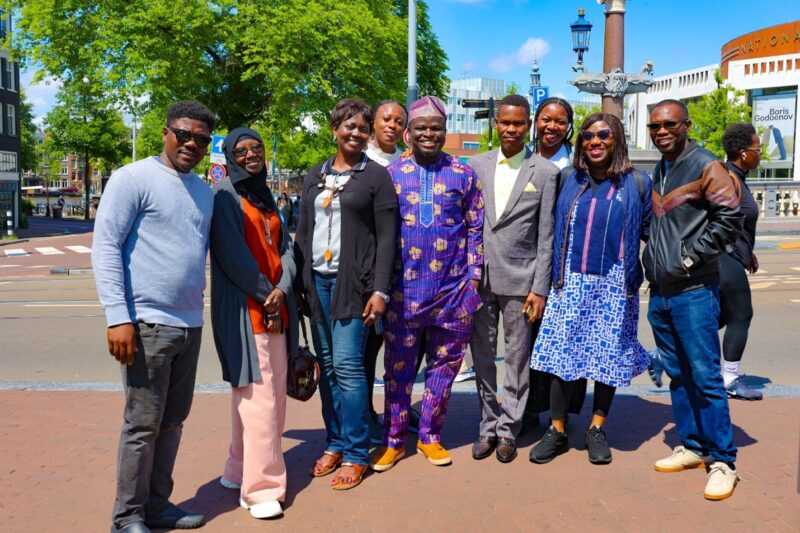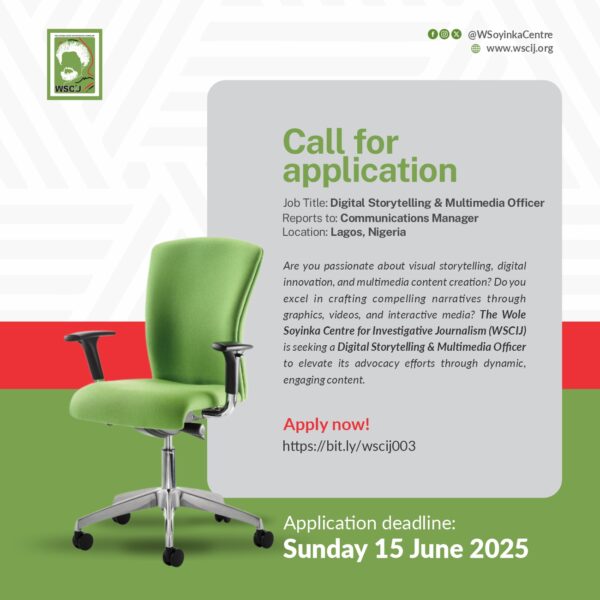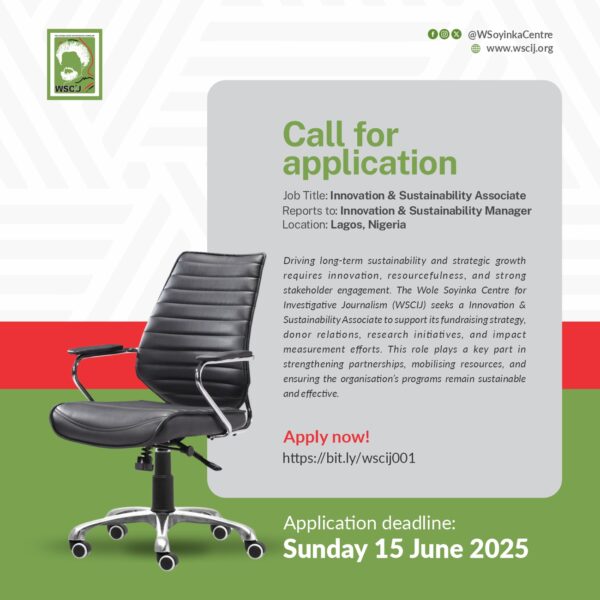Today, the Wole Soyinka Centre for Investigative Journalism (WSCIJ) joins Nigerians to commemorate June 12 – our nation’s Democracy Day. We honour the historic struggle for free and fair elections, and the courage of citizens who organise, and stand for the right to choose, question, and hold power to account. But democracy must mean more. It must transcend politicking, the ballot box and swearing in ceremonies. It must extend into our daily realities in good governance, freedom, equity, justice and development.
To mark this year’s Democracy Day, WSCIJ hosted a special edition of its Journalism and Society Conversation on Tuesday, 10 June 2025, themed ‘Can Nigeria Deliver on its Promise of a Free Press?’ Speakers – Bukky Shonibare of Invictus Africa; Lami Sadiq, former Head of Investigative Desk at Media Trust; and Bernard Akede, Head of Reportorial, News Central TV; called for more vigilance from the media and civil society to resist laws that undermine press freedom.
A democracy that represses the press is a democracy in crisis. When journalists are intimidated, voices from the public sphere are ignored, dissent is suppressed, and the system ceases to be accountable. The Nigerian Constitution is clear that the media must uphold the people’s right to know and serve as a check on power. Yet, these duties are continually undermined through harassment and censorship.
Findings from WSCIJ’s Journalism and Civic Space Status Report, show that 90% of recorded attacks on journalists occurred while they were discharging their duties. Politicians and police officers account for 70% of these cases. The complicity of state actors in intimidating journalists is well documented locally and globally. When institutions meant to uphold the law become perpetrators, public trust erodes, and democracy weakens.
At WSCIJ, we are certain journalism is a cornerstone of democracy. When journalists are safe, informed, and free to report without fear, citizens are empowered to engage meaningfully with governance. Investigative reporting is democracy’s conscience. It exposes corruption, abuse, and regulatory failure and points the way to justice.
As we reflect on 26 years of unbroken civilian rule, we must ask – Are our institutions stronger? Are our freedoms deeper? Is the press truly free? Are our citizens heard? At our Democracy Day event, the call was clear to reform law enforcement practices; ensure government upholds constitutional protections; support journalists facing political backlash; end coordinated smear campaigns; and empower media and civil society to challenge repressive policies and advocate for press freedom.
Democracy must be nurtured, reformed, and protected and it cannot thrive without a free press. This work requires integrity in leadership, vigilance from citizens, and a collective commitment from media and government. WSCIJ remains committed to building a democracy that works for all through storytelling, civic dialogue, capacity development, and investigative journalism.
This June 12, let us recommit to the practice of democracy as much as the ideal of democracy. A Nigeria where truth thrives is possible and worth fighting for.
Signed,
Motunrayo Alaka
Executive Director/CEO, Wole Soyinka Centre for Investigative Journalism (WSCIJ)

